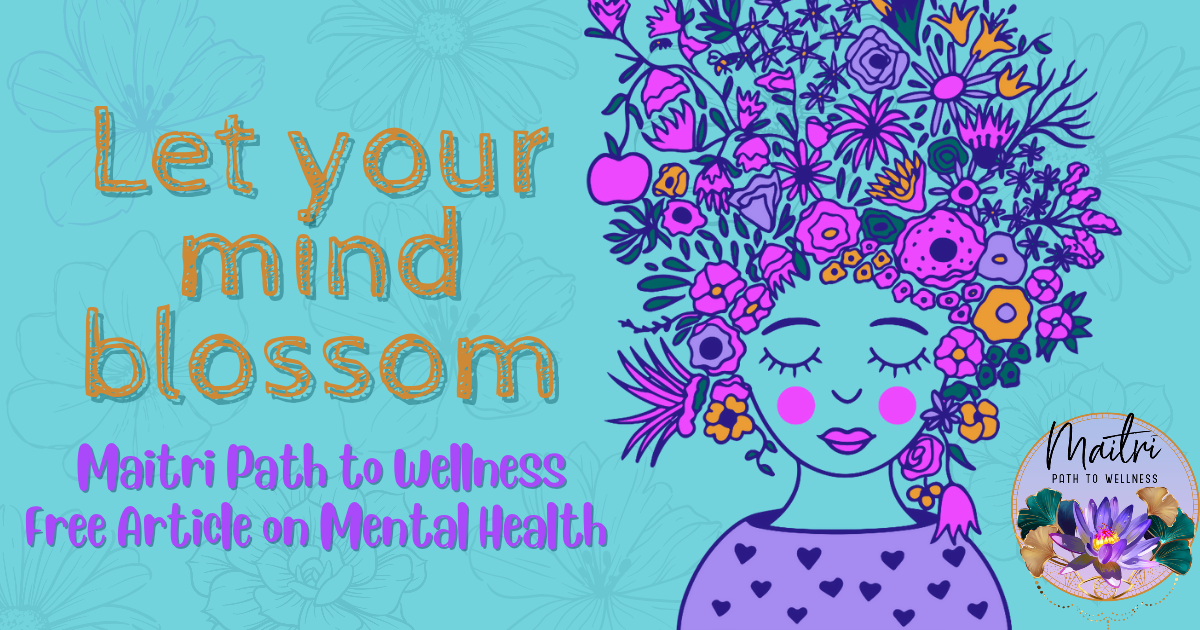Introduction
Trauma and substance use disorder are two complex issues that can be difficult to understand and address. While they may seem like separate problems, they are often interconnected, with trauma being a significant risk factor for the development of substance use disorder. In fact, research has shown that individuals who have experienced trauma are more likely to use drugs or alcohol as a coping mechanism.
It’s essential to understand the link between trauma and substance use disorder to effectively address and treat these issues. In this article, we’ll explore the connection between the two, ways to recognize the signs of trauma and substance use disorder, and strategies for healing.
Understanding the Link Between Trauma and Substance Use Disorder
Trauma is an experience that overwhelms a person’s ability to cope, often resulting in feelings of helplessness and fear. It can be caused by a variety of events, including physical or sexual abuse, neglect, domestic violence, natural disasters, or accidents. Trauma can have a significant impact on a person’s mental health, leading to conditions like post-traumatic stress disorder (PTSD), anxiety, and depression.
Substance use disorder, on the other hand, is a chronic condition characterized by the compulsive use of drugs or alcohol despite the negative consequences it may cause. It’s a complex issue that can be influenced by a variety of factors, including genetics, environment, and mental health.
The link between trauma and substance use disorder lies in the way trauma can impact a person’s coping mechanisms. When a person experiences trauma, it can be overwhelming, and they may struggle to find healthy ways to cope with the emotions it brings up. Turning to drugs or alcohol can provide a temporary escape from the pain and stress of trauma, but it can quickly become a harmful coping mechanism that leads to substance use disorder.
Recognizing the Signs of Trauma and Substance Use Disorder
Recognizing the signs of trauma and substance use disorder is crucial in addressing these issues. Here are some common signs to look out for:
Signs of Trauma
- Re-experiencing the traumatic event through nightmares, flashbacks, or intrusive thoughts
- Avoiding reminders of the trauma
- Feeling anxious, irritable, or easily startled
- Experiencing feelings of guilt or shame
- Difficulty sleeping or concentrating
- Physical symptoms like headaches or stomachaches
Signs of Substance Use Disorder
- Using drugs or alcohol regularly or in large amounts
- Cravings for drugs or alcohol
- Difficulty controlling drug or alcohol use
- Neglecting responsibilities or relationships due to drug or alcohol use
- Withdrawal symptoms when not using drugs or alcohol
- Continuing to use drugs or alcohol despite negative consequences
It’s important to note that not everyone who experiences trauma or uses drugs or alcohol will develop a substance use disorder. However, recognizing these signs can help identify when someone may need support and intervention.
Strategies for Healing
Healing from trauma and substance use disorder is a process that requires time, patience, and support. Here are some strategies that can be helpful in addressing these issues:
Therapy
Therapy can be a helpful tool in addressing trauma and substance use disorder. A therapist can help a person process their traumatic experiences and develop healthy coping mechanisms to manage their emotions. They can also provide support and guidance in overcoming substance use disorder.
Support Groups
Support groups can provide a sense of community and connection for individuals struggling with trauma and substance use disorder. Hearing from others who have experienced similar challenges can help reduce feelings of isolation and provide hope for recovery.
Medication
Medication can be helpful in managing symptoms of mental health conditions like PTSD or depression that may be related to trauma or substance use disorder. It’s important to work with a healthcare professional to determine if medication is appropriate and to monitor its effects.
Holistic Approaches
Holistic approaches like mindfulness, yoga, and meditation can help reduce stress and anxiety related to trauma and substance use disorder. They can also provide a sense of grounding and help individuals feel more in control of their emotions.
Lifestyle Changes
Lifestyle changes like regular exercise, a healthy diet, and getting enough sleep can help support overall physical and mental health. These changes can also be beneficial in managing symptoms related to trauma and substance use disorder.
FAQs
Is trauma always a direct cause of substance use disorder?
No, trauma is not always a direct cause of substance use disorder. While trauma can be a significant risk factor, other factors like genetics and environment can also play a role in the development of substance use disorder.
Can substance use disorder be treated without addressing underlying trauma?
Yes, substance use disorder can be treated without addressing underlying trauma, but it may not be as effective. Addressing trauma can help reduce the risk of relapse and improve overall mental health.
Can trauma be fully healed?
While it may not be possible to completely erase the effects of trauma, healing is possible. Through therapy, support, and healthy coping mechanisms, individuals can learn to manage their emotions and live fulfilling lives.
Conclusion
Trauma and substance use disorder are two interconnected issues that require attention and understanding. Recognizing the signs and understanding the link between trauma and substance use disorder is crucial in addressing these issues. Strategies like therapy, support groups, medication, and lifestyle changes can be helpful in healing from trauma and substance use disorder. It’s essential to seek support and help when needed and to remember that healing is possible.
Written by Brenden Fasken

Hey there friend! I’m Brenden Fasken, a passionate advocate for mental health and the transformative power of recovery. As a proud recovering addict, I’ve traveled the winding roads of addiction and emerged on the other side, ready to share my experiences and insights with you. I enjoy sharing blogs that delve into the complexities of mental health, substance use disorders, and the journey of personal growth. I aim to break down barriers, spark conversations, and offer a beacon of hope to those who may be struggling. So, join me as we embark on this empowering journey together, exploring the depths of our minds, celebrating resilience, and embracing the transformative potential within each of us.
Through my own recovery journey, I’ve learned that life’s challenges can be our greatest teachers. With each hurdle, I’ve gained insights and perspectives that have shaped my understanding of mental health and addiction. From the darkest moments to the brightest triumphs, I share personal anecdotes, reflections, and practical advice that I’ve gathered along the way. Together, we’ll navigate the labyrinth of emotions, challenge societal stigmas, and uncover the power of self-care and self-discovery. So, buckle up and get ready for an engaging and insightful ride as we explore the nuances of mental health and embark on a shared quest for personal growth and well-being.

